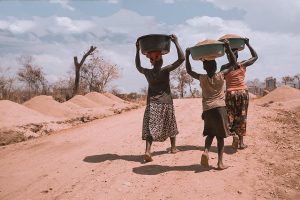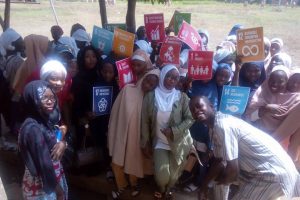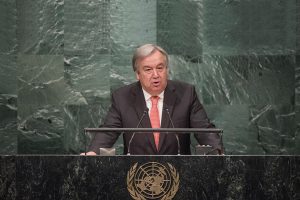Member countries of the Non-Aligned Movement (NAM) – a bloc of 120 developing countries championing international peace and security and a steady global recovery from the COVID-19 pandemic – have agreed to make joint efforts to realize the 2030 Agenda for Sustainable Development and the Addis Ababa Action Agenda (AAAA) through development cooperation, acceleration of SDG investments, and reform of the international financial architecture, among other actions.
In the Kampala Declaration of the 19th Summit of Heads of State and Government of the Non-Aligned Movement, NAM members commit to achieving sustainable development “in an integrated and indivisible manner of its three dimensions” by:
- supporting sustained, inclusive, and sustainable growth;
- enhancing macroeconomic policy cooperation;
- exploring measures of progress on sustainable development that complement or go beyond gross domestic product (GDP); and
- implementing actions to accelerate sustainable development in developing countries with support from the international community, including financial resources, transfer of technology, technical cooperation, and targeted capacity building.
Member countries commit to strengthening the UN as the primary multilateral organization and reaffirm their commitment to contribute positively to the Summit of the Future in September, “to enhance cooperation on critical challenges and address gaps in global governance.” They support the reform of the international financial architecture, for the international financial system to be fit-for-purpose and help developing countries better address the current multiple crises.
NAM members further commit to “work towards achieving a universal, rule-based, open, transparent, predictable, inclusive, fair, non-discriminatory, and equitable multilateral trading system” (MTS), with the World Trade Organization (WTO) at its core. They will “[c]ontinue supporting and making efforts to fully integrate” in the international trading system African countries, least developed countries (LDCs), landlocked developing countries (LLDCs), middle-income countries (MICs), and small island developing States (SIDS).
Addressing the Summit, UN Secretary-General António Guterres highlighted “clear convergence” between the principles of the UN Charter and the Bandung Principles of the Non-Aligned Movement. Reflecting on the Summit’s theme, ‘Deepening Cooperation for Shared Global Affluence,’ Guterres stressed that global affluence depends on peace, and peace requires sustainable development.
In his remarks, President of the UN General Assembly (UNGA) Dennis Francis called for pursuit of a human-centered vision of international cooperation that can “refocus[] the international community’s attention away from a path of self-destruction – towards one of safe, just evolution.” He said “our promise to leave no one behind hinges on our ability to build strong and diverse partnerships, share knowledge widely and strategically – and strengthen our joint capacities to reach the most vulnerable.”
Formally established in 1961, the Non-Aligned Movement focuses on nuclear disarmament and the establishment of nuclear-free zones, condemning and fighting terrorism in all its forms and manifestations, and supporting peacekeeping and peacebuilding efforts by the UN. It also focuses on economic cooperation and social and humanitarian issues.
The NAM does not have a formal founding charter or treaty, nor does it have a permanent secretariat. The country holding the Chairmanship is responsible for coordinating and managing the affairs of the Movement. Uganda holds the NAM’s Chairmanship from 2024-2027. There are currently 120 Member States, 18 observer countries, and ten observer organizations that participate in the NAM.
The NAM Summit convened in Kampala, Uganda, from 19-20 January 2024. It preceded the Third South Summit, which took place the following week. [Non-Aligned Movement: The Uganda Chairmanship 2024-2027] [UN News Story]



